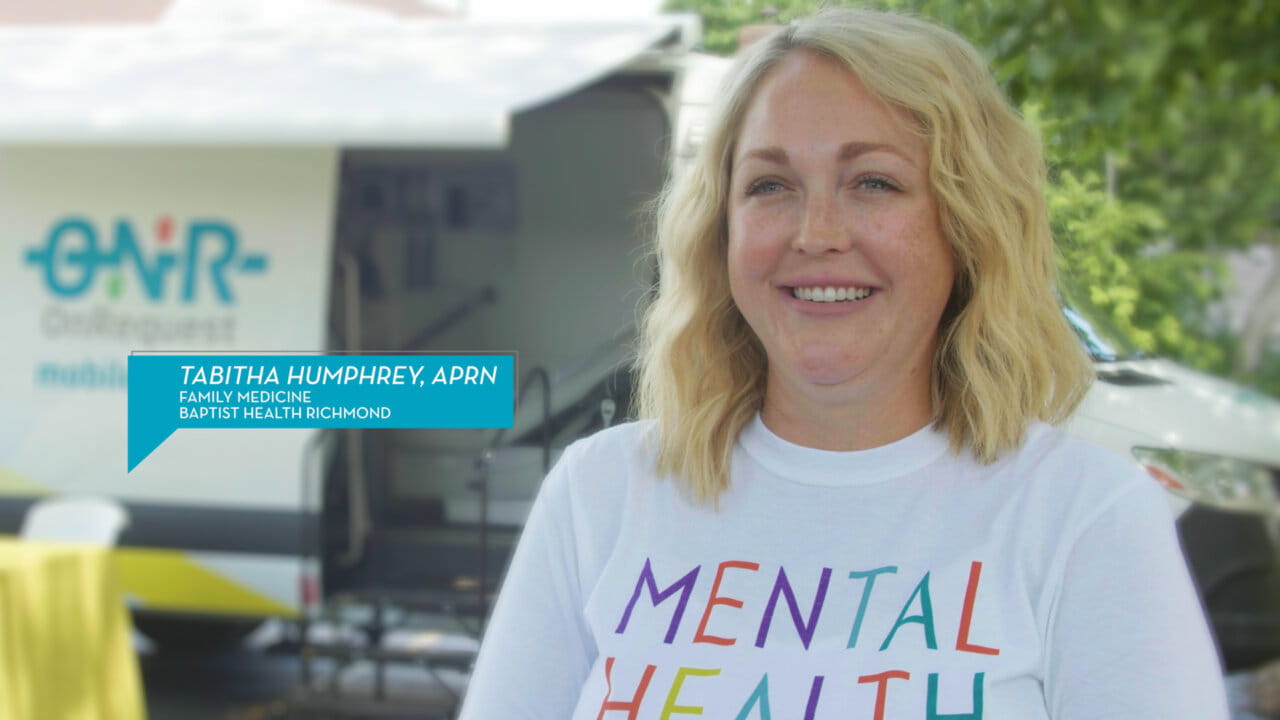How Can I Help Someone With PTSD?

Post-traumatic stress disorder (PTSD) is a mental health condition resulting from exposure to a traumatic event causing terror and extreme fear or distress. When a partner, friend, or family member has PTSD, it affects you, too.
PTSD is difficult to live with and it can have a significant impact on relationships and family life. You may feel like you’re constantly walking on eggshells around them or be hurt by your loved one’s distance and moodiness. You may be struggling to understand why they’re not present, less affectionate, and more volatile.
Even though it’s normal to take the symptoms of PTSD personally, it’s important to know that a person with PTSD may not always have control of their behavior. Their nervous system is “stuck” in a constant state of alert, which makes them continually feel vulnerable and unsafe. It can also result in them reliving the traumatic experience over and over, which can lead to depression, anger, mistrust, and other PTSD symptoms.
Fortunately, there is light at the end of the tunnel. With the right support from you and other family and friends, your loved one’s nervous system can eventually become “unstuck.” The tips described below can help your loved one move on from the traumatic event and resume a normal life together.
7 Tips for Helping Someone With PTSD
1. Learn All You Can About PTSD
The more you educate yourself on the struggles that people with PTSD face every day, the more you can be of help. One thing you’ll learn is that most people’s experiences are different than what you may have seen portrayed in popular culture. Some of the symptoms and the effects of PTSD are more subtle, but they’re still very difficult for the person experiencing them.
2. Be A Good Listener
While you don’t need to pressure them to talk, be ready to listen when they are. Practice active listening to show them you’re engaged. You may be tempted to share similar feelings or experiences, but don’t try to compare your situation with theirs. You don’t have to say you understand, because you may not be aware of their exact experience. Just listening is enough.
3. Don’t Judge
Many people with PTSD have difficulty opening up because they fear judgment. The best thing you can do is provide a safe space for your friend that lets them know they’re in a judgment-free environment. Make sure you’re prepared to hear difficult and painful stories that your friend may have been holding in for a long time.
4. Learn How to Anticipate and Manage Their Triggers
What may seem ordinary to you might trigger a fear response in someone with PTSD. A trigger could be anything — a sound, smell, date, location — that reminds them of their experience. Talk to your friend about what their specific triggers are and help them to avoid those as much as possible.
5. Provide Emotional Support
It’s common for people with PTSD to isolate themselves out of fear of judgment, which goes for friends and family, too. By listening and showing that you care, you can become a steady, reliable presence in their life.
6. Care for Yourself
Some people feel guilty about taking time for themselves when they’re helping care for a loved one with PTSD. It’s important for you to take yourself out of the situation and connect with other friends and family. Remember, you have to be strong much of the time you’re dealing with your loved one and that can be difficult if you’re making time for your own needs.
7. Support Treatment
Even though your loved one will appreciate your love and support, some people with PTSD will need to get additional help through professional therapy. It’s a touchy situation because many people don’t like being told that they need therapy. Wait for the right time, then put a positive spin on it by letting them know that therapy is a great way to learn new skills that can be used to handle many of the symptoms caused by PTSD.
What Shouldn’t You Say to a Person With PTSD?
If you have a loved one with PTSD, here’s a list of things you shouldn’t say to them and what you can say instead:
- What not to say: “It wasn’t even life-threatening.” Instead, say “I know you’re scared because of what happened, but you’re safe now.”
- What not to say: “People have been through worse.” Instead, say “You can get through this.”
- What not to say: “You’re overreacting.” Instead, say “I know you’re scared, but I’m here for you. Let’s do this.”
- What not to say: “You’re faking it.” Instead, educate yourself on PTSD and you’ll learn why your loved one might be feeling that way.
- What not to say: “Stop being so dramatic.” Instead, say “Take a deep breath and let’s talk through this. Why do you feel this way?
Seek Professional Support for PTSD
Getting medical care for PTSD is an important step on the road to recovery. If you or a loved one is having difficulties with PTSD, find a Baptist Health behavioral health provider near you to learn more about treatment.
Useful Resources and Next Steps:
How to Identify PTSD: Signs and Symptoms
Behavioral Health Care
The Common Types of Anxiety Disorders
9 Common Mental Health Conditions



